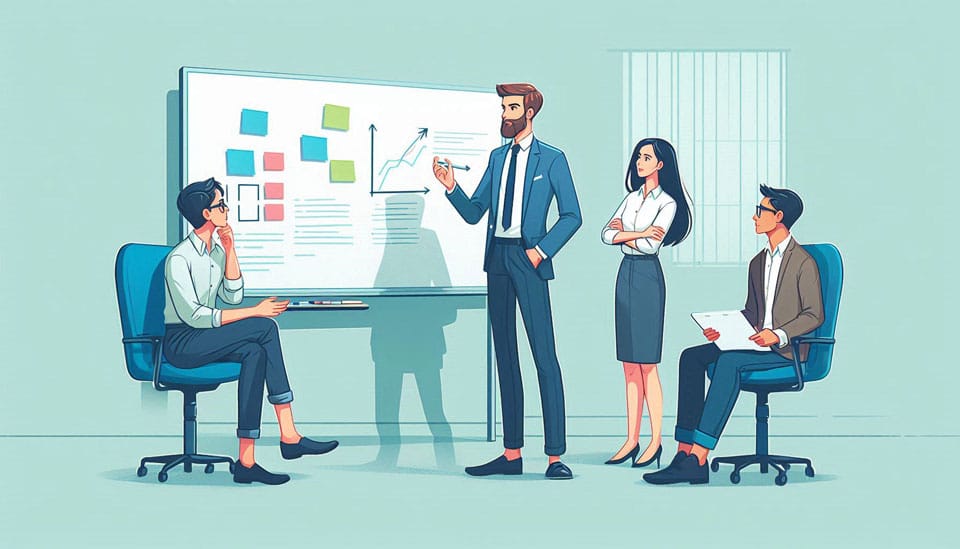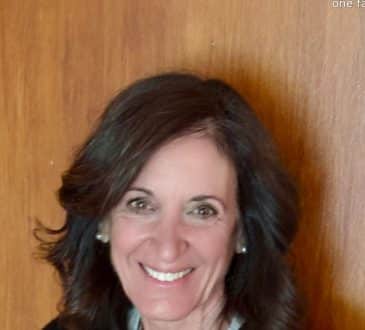Playing the Hands We Are Dealt and Equitable Leadership

“We cannot change the cards we are dealt, just how we play the game.” — Randy Pausch, Last Lecture
Each of us has a unique existence. Our beginnings, experiences, and environments shape who we are. Some of us are born to wealthy parents, others to low-income families. Some get educated in elite schools, while others can barely afford an education. Some have family connections that put them in plum jobs, while others struggle to get one. Some have unfair advantages, while others experience numerous disadvantages.
As Prof. Pausch said, we all deal with different cards in this game of life. We can decide how to play them by recognizing our unfair advantages and disadvantages and using them to beat the imaginary foregone conclusions in life. Leaders who understand this practice equitable leadership. They are fair, inclusive, empathetic, and transparent. They foster a work environment that supports team members with diverse needs.
The Unfair Advantages
When I was in high school, the schools in the city had a puzzle master come to each school to entertain the students. The event at my school happened to be the day after the event at my nephew’s school. The day he came to my nephew’s school, my nephew came home excited to show off what he had learned at the event. He said the man called the students up to the podium to solve riddles on a board. My nephew posed a puzzle. It was not a complex puzzle to solve, but it took some thinking, and we cracked it. The next day, when the man came to our school, he posed the same puzzle. Of course, I recognized it, immediately ran up to the podium before anyone else could, and solved it — thus getting a prize! Would you say that I had an unfair advantage?
On Quora, the question, “What is the most unfair advantage a person can have?” elicited responses such as these:
- Being born to the right parents (Nurturing, rich, powerful, privileged, et cetera)
- Being born in a good place (i.e., in a rich country)
- Access to an ample food supply
- Health
- Physical attractiveness
- The art of attraction, charm
- High intelligence
- Not introvert or extrovert but ambivert
- A good (even photographic) memory
A person who starts with unfair advantages owes it to themselves to make fair use of these advantages, not only for their own benefit but for the benefit of their community.
Eleanor Roosevelt, the first lady of the United States from 1933 to 1945, grew up in a wealthy family, and her status made her a privileged individual. She used her influence not to further herself but to champion women’s and human rights and advocated for the poor and the downtrodden.
Tom Peters, the management guru, proclaims he was born with an unfair advantage. In a tweet, he said that being born a white male to parents who nurtured him and made sure he had a good upbringing made all the difference in the world. With that advantage and the fame he gained, he became a staunch advocate for the “people first,” humanistic way of leadership, women’s leadership, and small businesses.
The Unfair Disadvantages
“You may not control all the events that happen to you, but you can decide not to be reduced by them.” ― Maya Angelou, Letter to My Daughter
My native language is Tamil, and until I started the Pre-University Course in college, my education was in Tamil. I grew up in Madurai, a town in Tamil Nadu, India, which celebrates its heritage as the seat of Tamil literature. There was very little opportunity to exercise my English. When I arrived in Chennai at my undergraduate engineering college, I was at a distinct disadvantage compared to those educated in English. To say I felt tongue-tied is an understatement. I learned to speak and write well in English, and through the years, I overcame the limitations to become a successful software executive and could write several English books.
The unfair advantages one starts with in life are the reverse of the list mentioned in the previous section. None of us choose those circumstances, but we must make the best of them.
Disadvantages can be limiting, but they could also be the kindles that flame our desire to do better. When we talk about the immigrants who come to the USA for a better life, we talk about their hunger to create a better life for themselves. Disadvantages can make a person resilient and aspire for something better.
Oprah Winfrey is known to millions worldwide as an American talk show host, television producer, actress, author, and media proprietor. Her talk show, The Oprah Winfrey Show, broadcast from Chicago, ran in national syndication for 25 years. She was born in a low-income family in Mississippi and raised by a single mother. She overcame enormous disadvantages, including abuse, to become a national phenomenon because she was tenacious, used her failures to learn, and persevered. She then used her influential position to promote philanthropic causes and support those in need.
Dr. A.P.J Abdul Kalam was the President of India between 2002 and 2007. He was born into a family that used to be rich but had fallen on hard times. Even at the age of eight, he worked diligently as a newspaper delivery boy to supplement his family’s income. Though he grew up poor, he worked hard to get a good education, eventually earning a doctorate and becoming an aerospace scientist. He earned the nickname “Missile Man” for developing India’s missile and nuclear weapons programs. The approachability he exhibited when he was president is legendary. It is said that when some children wanted to meet him, he made time for them and listened to their ideas, gave them feedback, and later reached out to them to find out how those ideas were taking shape.
Blooming Where We Are Planted
In life, we sometimes have unfair advantages. When we do, we must make sure we don’t squander them and use them to our advantage to do well in life and, more importantly, pay it forward by being good to our fellow human beings who don’t have the same benefits.
Sometimes, life puts us at an unfair disadvantage. When that happens, we must step up and deal with it instead of wallowing in self-pity. By developing a positive attitude, we can overcome the odds and turn the situation around. Setbacks, when looked at through the lens of growth and learning from them, help us develop the resilience to go forward and bloom.
Equitable Leadership
A leader who is socially aware of life’s unfair advantages and disadvantages works within their domain of influence to ensure all voices in their organization are heard and valued. They practice inclusive leadership.
Because they are aware of the effect of the circumstances, their approach to leadership is compassionate and personalized to the individuals in the organization. A leader with unfair advantages can develop the self-awareness that they come from a privileged existence and strive to understand others with empathy. On the other hand, a leader who overcame enormous odds to become successful has been in the shoes of those struggling and can teach and mentor those who need the most support.
Equitable leaders influence the external world by demonstrating how such leadership makes good business sense by delivering successful organizational outcomes.
Strive to be an equitable leader.
Written by Shantha Mohan, Ph.D.
Have you read?
Countries: Women in the workforce. Countries: Personal space. World’s Most (And Least) Religious Countries. Best Countries to Invest In Travel, Tourism, and Hospitality. Most Forested Countries In The World.
Bring the best of the CEOWORLD magazine's global journalism to audiences in the United States and around the world. - Add CEOWORLD magazine to your Google News feed.
Follow CEOWORLD magazine headlines on: Google News, LinkedIn, Twitter, and Facebook.
Copyright 2025 The CEOWORLD magazine. All rights reserved. This material (and any extract from it) must not be copied, redistributed or placed on any website, without CEOWORLD magazine' prior written consent. For media queries, please contact: info@ceoworld.biz








